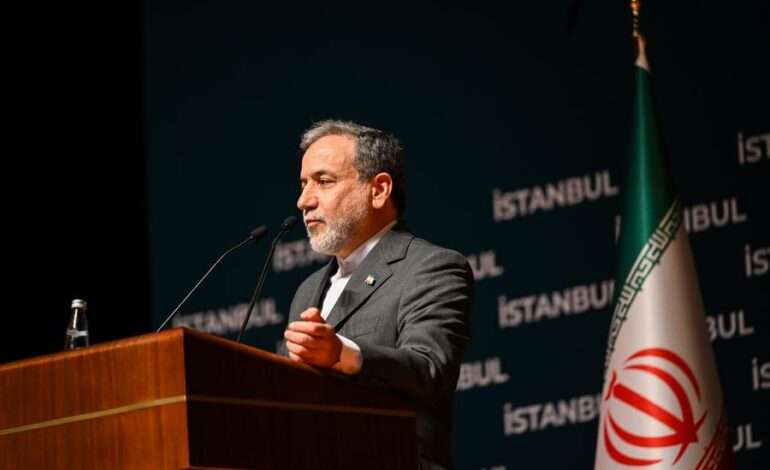
Iran rejects zero uranium enrichment, calls demand a ‘betrayal’
Iran’s Foreign Minister Seyed Abbas Araghchi has firmly declared that Tehran will not accept any agreement requiring zero uranium enrichment, describing the idea as a national humiliation and a betrayal of Iran’s sovereign rights. In an interview with the Iranian outlet Khabar Online, Araghchi said the issue has become deeply tied to the country’s sense of “national glory and pride,” noting that Iran has made significant sacrifices over the years to maintain its enrichment program.
Araghchi also addressed Iran’s limited cooperation with the International Atomic Energy Agency (IAEA), saying engagement continues only with respect to nuclear facilities that were not bombed by Israel and the United States in June. Tehran has accused both countries of carrying out coordinated attacks on its nuclear infrastructure—strikes that Iran says the IAEA failed to condemn.
Over recent months, the United States and several European nations have pressed Iran to halt all enrichment activities as part of renewed diplomatic efforts. Tehran has repeatedly rejected these calls, asserting that the right to enrich uranium on its own soil is non-negotiable and enshrined in international law. Since June, Iran has suspended its broader cooperation with the IAEA, citing both security concerns and the agency’s silence on attacks targeting its scientists and facilities.
The political tensions escalated further when Iranian Foreign Ministry spokesman Esmaeil Baghaei dismissed U.S. President Donald Trump’s claim that Washington and Tehran were engaged in nuclear talks. Trump had told reporters following a meeting with Saudi Crown Prince Mohammed bin Salman that the United States had “started a process” with Iran and that Tehran was eager to strike a deal.
Baghaei disputed that assertion, saying, “No negotiation process currently exists between Iran and the United States.” He criticized the U.S. for what he described as a history of broken promises and “excessive demands,” arguing that talks were pointless with a government that does not view negotiations as a genuine two-way process. He also condemned the U.S. for taking pride in acts of “military aggression” against Iran.
Addressing reports about a message sent by Iranian President Masoud Pezeshkian to the Saudi crown prince before his visit to Washington, Baghaei clarified that it was purely a bilateral communication. The message thanked Saudi authorities for their services to Iranian pilgrims during last year’s Hajj and emphasized the need for coordination for the upcoming pilgrimage season.